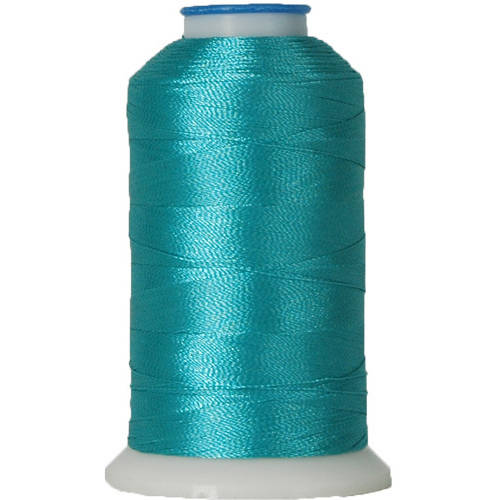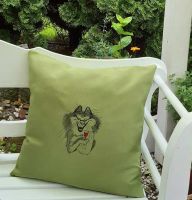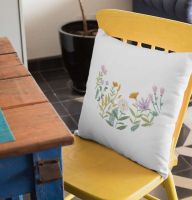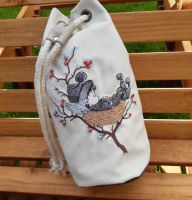The Ultimate Guide to Choosing the Best Machine Embroidery Thread
Embroidery is an exciting and enjoyable hobby, but finding the right thread can be a daunting task for beginners. With so many options available, it's easy to get overwhelmed and make the wrong choice. Don't worry, we've got you covered! In this guide, we'll take you through everything you need to know about machine embroidery thread, from the types of thread available to the thread weights, and how much you'll need.
Where to Start as a Beginner
The temptation for beginners is to opt for the cheapest thread available, but we strongly advise against this. Cheap thread can cause more problems than it's worth, such as breaking, fraying, and stitching poorly. Invest in a high-quality brand like Madeira, and you'll enjoy trouble-free stitching right from the start. Madeira thread is designed for strength, durability, and performance on high-speed embroidery machines. Plus, it's affordable, with spools priced at just a few dollars each.

Three Main Types of Thread
Embroidery thread is primarily available in three main types of yarn: Rayon, Polyester, and Cotton. While there are specialty threads like metallic and fire-resistant options, we'll stick to the main types for this guide.
Cotton is popular with traditionalists and quilters. It's a natural fiber that's not as strong as rayon or polyester, and the colors tend to be less vibrant.
Rayon is a high-quality thread made from 100% viscose rayon. It's incredibly flexible, soft, and pliable, making it ideal for high-speed multi-head embroidery machines and home embroidery machines. Rayon thread is known for its high tensile strength, glossy luster, and ability to lie flat in intricate designs.
Polyester is a strong thread made from 100% polyester, designed to eliminate looping, puckering, and thread breaks. It's ideal for commercial linens or any application that will be subjected to harsh laundering. Polyester threads offer the best balance of cost versus performance, making them a great choice for beginner embroiderers.
Understanding Thread Weights
The thread weight refers to the thickness of the thread, with lower weight numbers indicating a thicker or heavier thread and higher numbers indicating a thinner or lighter thread. Most embroidery designs are digitized for 40-weight thread, which is the most common. It's suitable for all-around everyday embroidery.
The second most common weight is 60, which is finer and lighter. It's perfect for small lettering, fine detail, and decorative stitching on delicate fabrics. If you have a design digitized, indicate which areas will use 60 weight so that the digitizer can avoid using fill.
How Much Thread Do You Need?
Thread is typically available in two sizes: 1,100-yard mini snap cones (spools) and 5,500-yard cones. You'll get around 200,000 stitches out of the mini cones and about one million out of the larger cones. Five spools are equivalent to one large cone in terms of yardage. For everyday colors, we recommend stocking up on the larger cones and buying mini cones for specialty jobs. If you have a single-needle home embroidery machine, you'll need a separate thread stand to use the large embroidery thread cones.
Final Thoughts
Choosing the right embroidery thread is crucial for producing high-quality work, and we hope this guide has helped you make an informed decision. Remember, investing in a high-quality brand like Madeira will save you time, money, and frustration in the long run. Whether you choose rayon, polyester, or cotton thread, make sure to consider the thread weight and the amount you'll need. With the right thread, your embroidery projects will look stunning, and you'll enjoy the process
Comments
Last photos
All photos in Gallery





